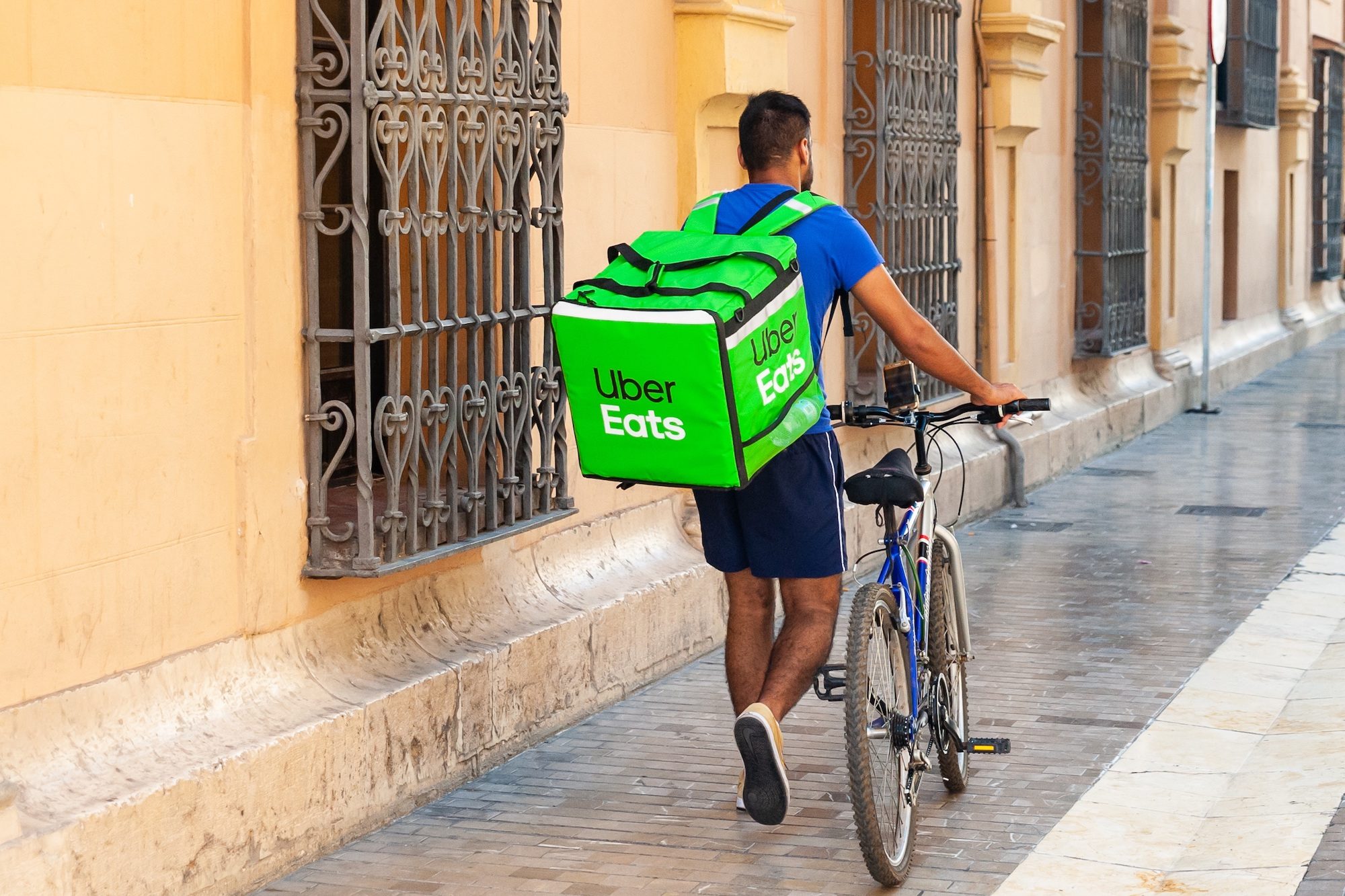The Download: On November 3, California voters opted to spare gig companies from a new state labor law that would have completely capsized Uber’s corporate model. Meanwhile, the company’s market value has skyrocketed to $78 billion, surpassing its $75 billion valuation in May 2019. With shares soaring 7 percent to $45.11 a stock, Uber’s decision to go public has been validated even though the company continues to see large losses.
Why It Matters: While ride-hailing—Uber’s main business—has become scarce, the company has propped itself up on its delivery and Uber Eats subsidiaries, which, subsequently, have become the largest food delivery enterprise outside of China. Now after California voters opted for Proposition 22—an initiative that lets delivery and ride-hail companies classify drivers as independent contractors instead of employees—Uber and its competitors can operate on their own terms.
In Their Words: “Going forward, you’ll see us more loudly advocate for new laws like Prop 22,” says Dara Khosrowshahi, CEO of Uber. “It’s a priority for us to work with governments across the U.S. and the world to make this a reality.”
Surface Says: The future of the ride sharing economy is shifting its transportation-focused infrastructure to food delivery. The pandemic rerouted the business model, which now has 560,000 restaurants on UberEats, including about 30 percent of restaurants in the U.S. While a better part of the world remains sequestered at home, the future of mobile delivery is expanding long-term beyond meals and groceries. This was already in the works long before the pandemic, when Uber raised half a billion dollars to grow its logistics arm, Uber Freight, in 2017. During the third quarter of 2020, Uber Freight reported $290 million in gross bookings, a 30 percent increase from the same time last year.

